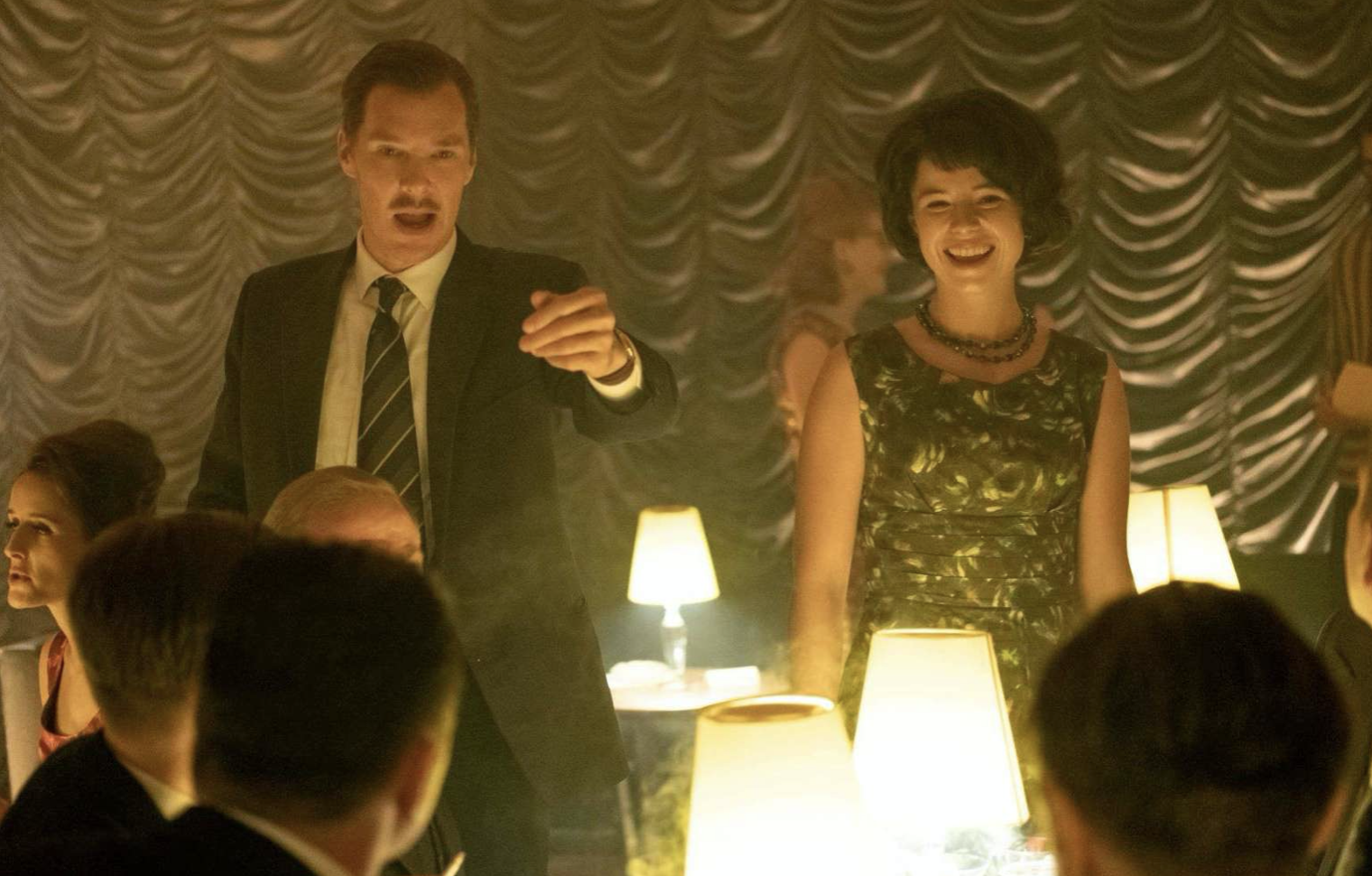The British film "Spy Games", based on the events of the Cold War, is being released on Russian screens.
The film tells how, in the early 1960s, GRU Colonel Oleg Penkovsky supplied US CIA and British MI6 officers with data on missiles that the Union had deployed in Cuba.
To keep in touch with Penkovsky without hindrance, the secret services used the British entrepreneur Greville Wynn, who was doing business in Eastern Europe.
The Briton's business trips served as a cover for the transfer of materials.
The film was directed by Dominic Cook ("The Empty Crown", "On the Shore").
The script was written by Tom O'Connor.
According to their version, Wynne and Penkovsky joined forces to save the world from a nuclear war that was brewing with the development of the Cuban missile crisis.
At the same time, Penkovsky hoped to leave the Union and provide himself and his family a better life in the United States through cooperation with the CIA.
The authors of the film lead the idea from the general to the particular: the fate of the country seems abstract to the heroes, since it is outside the sphere of influence of the overwhelming majority of people (especially those who are not in power circles), but concern for the future of the family makes them think about the fate of humanity.
Rachel Brosnahan and Benedict Cumberbatch in Spy Games
© "White Nights"
In general, the attention of filmmakers is focused more on the history of individuals than on the assessment of historical events.
If the USSR state security officials in the film scoff at the suspects, then the representatives of the British and American special services shamelessly use people, and at the slightest danger they refuse the promise to protect them.
Wynne and Penkovsky, on the other hand, look as human as possible.
These heroes are not interested in politics, the struggle of ideologies and the confrontation between the authorities of states.
Both are more concerned with philistine concerns - the future of children and their own well-being.
The creators of the "Spy Game" draw a lot of parallels between the characters: they live in well-furnished apartments with exemplary wives and beloved children of the same age.
Wynne and Penkovsky are engaged in the same business and practically become friends.
The first part of the tape looks like an adventurous story about agents who always elude the enemy, but later the heroes find themselves in the dungeons of the KGB.
These scenes are already designed to make a depressing impression on the viewer.
Although the torture is shown without unnecessary details, the filmmakers manage to immerse the viewers in an atmosphere of horror, exacerbated by endless loneliness.
Among the strong points of the film is the acting.
Cumberbatch masterfully shows the transformation of an ordinary businessman into a person who is ready to take responsibility for the life of a counterparty.
Wynne's behavior changes as well as manners.
Ninidze also successfully coped with the task of conveying the constant emotional tension of an outwardly almost imperturbable character.
Jesse Buckley also showed a good game.
She played the role of Greville Wynn's wife, Sheila.
The heroine Buckley is a completely ordinary woman who does housework, brings up a son and sometimes suspects her husband of infidelity.
With the same simplicity and steadfastness, she visits Wynn in a Soviet prison.
Buckley's play is completely devoid of pathos, and this allows Sheila to bypass the replicated image of a superhero girlfriend.
Benedict Cumberbatch and Jesse Buckley in the movie "Spy Games"
© "White Nights"
I am glad that some of the minor characters from among the Soviet people are played by Russian actors - Maria Mironova, Vladimir Chuprikov, Kirill Pirogov and others.
The filmmakers tried not to abuse stereotypes, but they could not completely abandon them.
For example, in the "Moscow" scenes, shabby walls appear in the frame more than once.
The Russian viewer may also be embarrassed that Wynne, upon arrival in the capital, stops in a Stalinist skyscraper with a signboard “Hotel Vitaly”.
Apparently, the artists did not become very familiar with the phenomenon of these unique buildings, and even unsuccessfully combined it with the realities of their country.
Finally, the hero of Cumberbatch in the film uses the services of an airline whose name is similar to Aeroflot, but coincides with the name of a real organization of a different profile.
There are some deviations from the real state of affairs in the plot - however, viewers unfamiliar with Penkovsky's story will not notice them.
Taking real events as a basis, the filmmakers shot a high-quality thriller with a thoughtful development of characters and extreme intensity of passions - although a careless attitude to the scenery and a free interpretation of historical facts does not correspond to a generally good idea.

